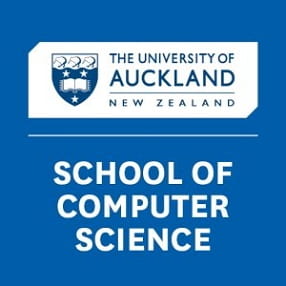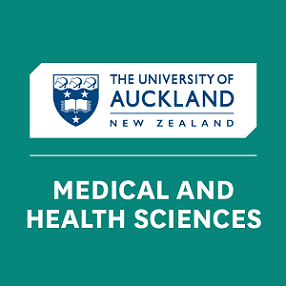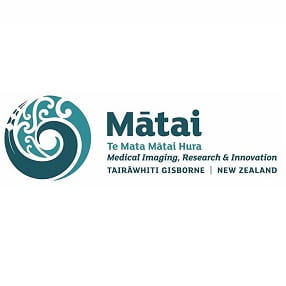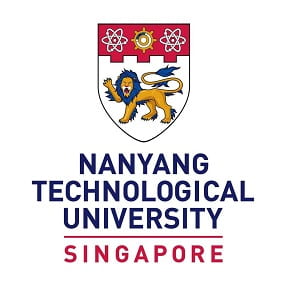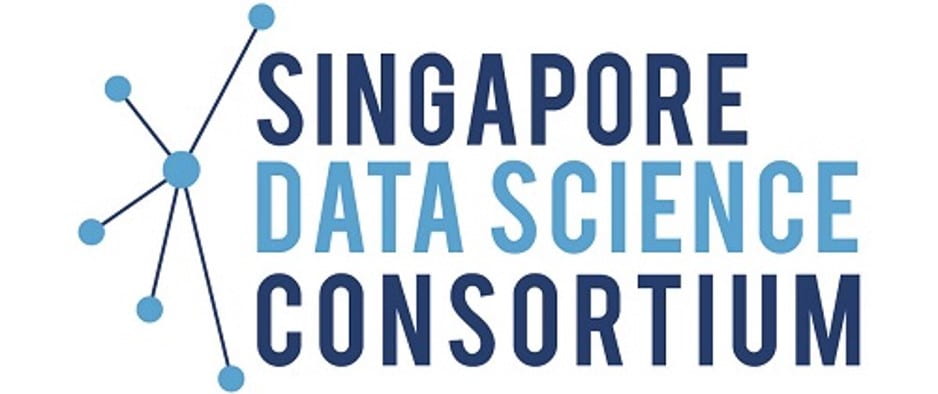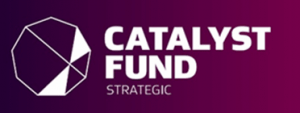
Advanced Graph Analytics for Human Brain Connectivity
Joining the researchers and science leaders in both data science and neuroscience at the University of Auckland, New Zealand, and Nanyang Technological University, Singapore, this project aims to understand and locate deep connectivity patterns in the human brain with cutting-edge graph analytics tools. Understanding the human brain has both economical and social importance. It helps the identification of subtle differences (discriminative patterns) between data from brains with early symptoms of neurodegeneration (Alzheimer’s and Parkinson’s), mild traumatic brain injury (mTBI), etc.
A report from Government Inquiry into Mental Health and Addiction of New Zealand in 2019 shows one in five people experiences mental health and addiction challenges at any given time while the annual cost of serious mental illness in 2019 is 12 billion which takes 5% of the gross domestic product of New Zealand. Similar scenarios also apply to other countries around the world. mTBI is also a significant issue both in New Zealand (NZ) and worldwide. There are 749 cases per 100,000 person-years of concussion in NZ, greater than any other country in the developed world. ACC statistics show that nearly 14,000 people were treated for TBI, at a cost of $83.5 million in 2015; Māori recorded the highest total and mean cost per ACC claim compared with any other ethnic group. Annual NZ figures from ACC (data request # 46858) also show a 32% increase from 2010 to 2017 in total new concussion-related claims. This demonstrates the necessity for a deeper understanding of the human brain to allow early diagnosis and interventions of subtle TBI induced changes in the brain network.
In the project, Magnetic Resonance Imaging data that reflects both structural and functional connectivities of the brain will be collected from both public sources and local teams of Singapore and New Zealand. The data will be processed and analysed with novel multiple parcellations discovery and group-based graph analytics for brain networks. The outcome of this research will benefit the health of the individual and the society, including Māori, by early diagnosis and intervention of mental illness, neurological and aging-related disorders/diseases, etc. It will also contribute to the establishment of a healthy aging society in both New Zealand and Singapore, as well as in the global world, with quality elderly life and reduced healthcare costs.
This transdisciplinary project gathers members from the Department of Computer Science, the Faculty of Medical and Health Sciences and the Auckland Bioengineering Institute of the University of Auckland, the Mātai Institute, and the Nanyang Technological University.
